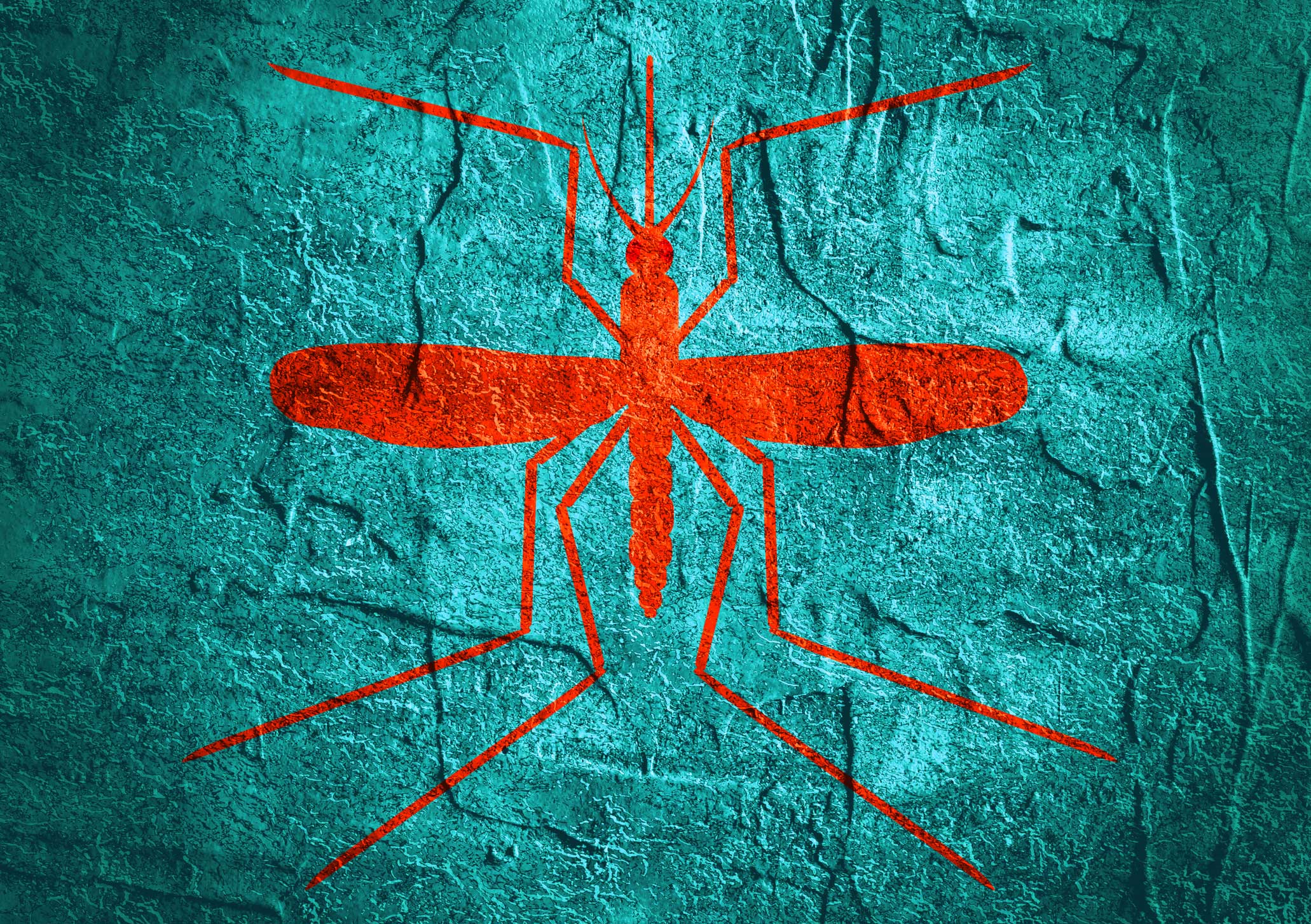When the World Health Organization ended the Zika international public health emergency last week, it did not attempt to diminish the seriousness of the mosquito-borne virus that has spread to more than 50 countries. The change in designation merely represents a longer-term approach to controlling the virus that can cause neurological defects in newborns whose mothers had been infected during pregnancy.
WHO, the United Nations’ health agency, classified Zika an international emergency in February after an outbreak of microcephaly — a rare neurological condition in which the brain does not develop normally, resulting in a smaller head, a smaller brain and intellectual disability — in Brazil attributed to the virus just before the Rio de Janeiro Olympics. Birth defects linked to Zika have been reported in close to 30 countries, with 2,100 cases of nervous-system malformations in Brazil.
“It is a significant and enduring public health challenge,” says Dr. David Heymann, chairman of the WHO Emergency Committee on Zika, “but it no longer represents an emergency. There was no downgrading of this.”
Zika typically causes fever, rash, conjunctivitis or other mild symptoms. Neurological conditions such as Guillain-Barre syndrome are rare.
In Connecticut, 96 people have tested positive for Zika, though each case was acquired during travel. (Zika has spread through Latin America, the Caribbean and beyond.) No mosquitoes have tested positive for Zika in the state. The seasonal mosquito trapping and testing program, coordinated by the state Department of Public Health and the Connecticut Agricultural Experiment Station, ended Oct. 14. The state trapped and tested more than 170,000 mosquitoes in a network of 91 trapping stations in 72 municipalities. West Nile was identified in 122 pools of mosquitoes at 20 sites, among them Bridgeport, Darien, Easton, Milford, Stamford and Stratford.
Dr. Jack Ross, chief of infectious disease at Hartford Hospital, cautioned early in the outbreak that the Zika virus would not spread wildly.
“The U.S. will not see explosive spread in the continental U.S.,” he said, “but we will see imported cases in returning travelers. We will see limited local cases in the southern states and Puerto Rico, where the mosquito resides, similar to dengue and chikungunya. For the average American not traveling, you do not need to worry.”
But throughout the Southern Hemisphere, even as the rate of Zika infections has slowed, experts say it is no time to assume the risk has passed.
“There is still much to learn about the disease,” said the Centers for Disease Control and Prevention in a prepared statement. “We need to learn more about Zika and its associated complications of microcephaly and other brain abnormalities.”
Months after the Zika outbreak in Brazil, the same travel precautions remain even though the health emergency status has been dropped.
“If pregnant and planning to travel to the countries of interest,” said Dr. Ross, “you need to take it seriously.”
If you have questions or concerns about your health, you should speak to your doctor. If you’re in need of a doctor, please visit myhhcdocs.org.

